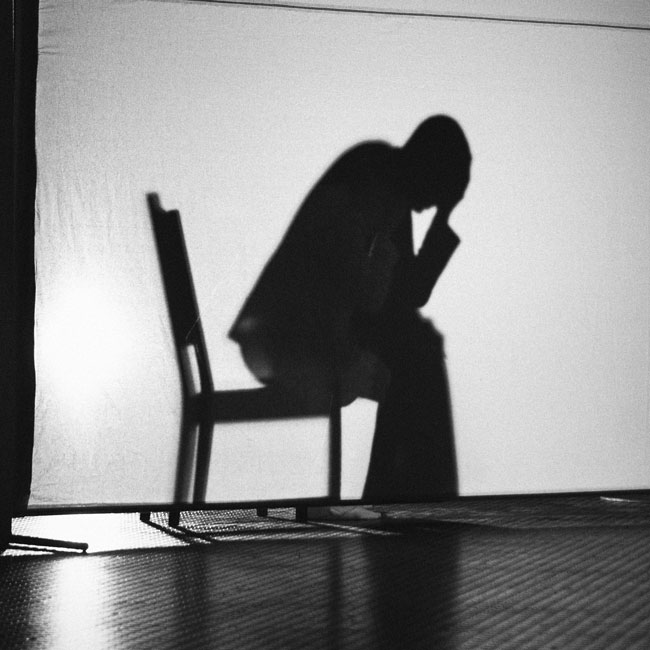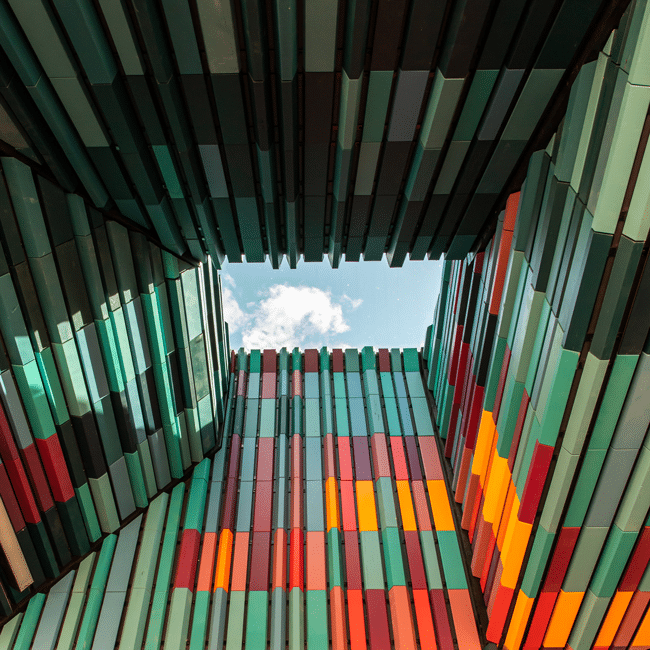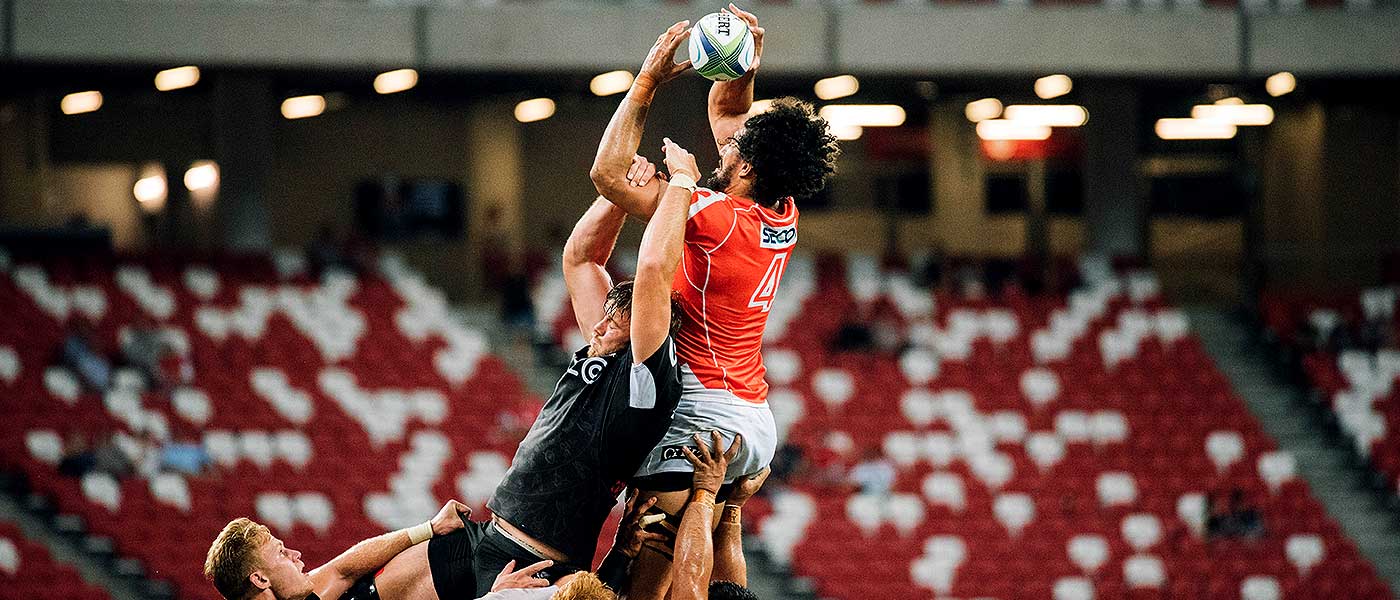On the IQ2 stage in 2015, Stan Grant opened the hearts and minds of the audience with his powerful speech on racism in Australia.
The IQ2 debate, ‘Racism is Destroying the Australian Dream’ was a finalist in the United Nations Media Peace Awards for its role in stimulating public awareness and understanding. Stan’s iconic talk continues to move and inspire millions.
COMPLETE TRANSCRIPT
“Thank you so much for coming along this evening and I would also like to extend my respects to my Gadigal brothers and sisters from my people, the Wiradjuri people.
In the winter of 2015, Australia turned to face itself. It looked into its soul and it had to ask this question. Who are we? What sort of country do we want to be? And this happened in a place that is most holy, most sacred to Australians. It happened in the sporting field, it happened on the football field. Suddenly the front page was on the back page, it was in the grandstands.
Thousands of voices rose to hound an Indigenous man. A man who was told he wasn’t Australian. A man who was told he wasn’t Australian of the Year. And they hounded that man into submission.
I can’t speak for what lay in the hearts of the people who booed Adam Goodes. But I can tell you what we heard when we heard those boos. We heard a sound that was very familiar to us.
We heard a howl. We heard a howl of humiliation that echoes across two centuries of dispossession, injustice, suffering and survival. We heard the howl of the Australian dream and it said to us again, you’re not welcome.
The Australian Dream.
We sing of it, and we recite it in verse. Australians all, let us rejoice for we are young and free.
My people die young in this country. We die ten years younger than average Australians and we are far from free. We are fewer than three percent of the Australian population and yet we are 25 percent, a quarter of those Australians locked up in our prisons and if you are a juvenile, it is worse, it is 50 percent. An Indigenous child is more likely to be locked up in prison than they are to finish high school.
I love a sunburned country, a land of sweeping plains, of rugged mountain ranges.
It reminds me that my people were killed on those plains. We were shot on those plains, disease ravaged us on those plains.
I come from those plains. I come from a people west of the Blue Mountains, the Wiradjuri people, where in the 1820’s, the soldiers and settlers waged a war of extermination against my people. Yes, a war of extermination! That was the language used at the time. Go to the Sydney Gazette and look it up and read about it. Martial law was declared and my people could be shot on sight. Those rugged mountain ranges, my people, women and children were herded over those ranges to their deaths.
The Australian Dream.
The Australian Dream is rooted in racism. It is the very foundation of the dream. It is there at the birth of the nation. It is there in terra nullius. An empty land. A land for the taking. Sixty thousand years of occupation. A people who made the first seafaring journey in the history of mankind. A people of law, a people of lore, a people of music and art and dance and politics. None of it mattered because our rights were extinguished because we were not here according to British law.
And when British people looked at us, they saw something sub-human, and if we were human at all, we occupied the lowest rung on civilisation’s ladder. We were fly-blown, stone age savages and that was the language that was used. Charles Dickens, the great writer of the age, when referring to the noble savage of which we were counted among, said “it would be better that they be wiped off the face of the earth.” Captain Arthur Phillip, a man of enlightenment, a man who was instructed to make peace with the so-called natives in a matter of years, was sending out raiding parties with the instruction, “Bring back the severed heads of the black troublemakers.”
They were smoothing the dying pillow.
My people were rounded up and put on missions from where if you escaped, you were hunted down, you were roped and tied and dragged back, and it happened here. It happened on the mission that my grandmother and my great grandmother are from, the Warrengesda on the Darling Point of the Murrumbidgee River.
Read about it. It happened.
By 1901 when we became a nation, when we federated the colonies, we were nowhere. We’re not in the Constitution, save for ‘race provisions’ which allowed for laws to be made that would take our children, that would invade our privacy, that would tell us who we could marry and tell us where we could live.
The Australian Dream.
By 1963, the year of my birth, the dispossession was continuing. Police came at gunpoint under cover of darkness to Mapoon, an aboriginal community in Queensland, and they ordered people from their homes and they burned those homes to the ground and they gave the land to a bauxite mining company. And today those people remember that as the ‘Night of the Burning’.
In 1963 when I was born, I was counted among the flora and fauna, not among the citizens of this country.
Now, you will hear things tonight. You will hear people say, “But you’ve done well.” Yes, I have and I’m proud of it and why have I done well? I’ve done well because of who has come before me. My father who lost the tips of three fingers working in saw mills to put food on our table because he was denied an education. My grandfather who served to fight wars for this country when he was not yet a citizen and came back to a segregated land where he couldn’t even share a drink with his digger mates in the pub because he was black.
My great grandfather, who was jailed for speaking his language to his grandson (my father). Jailed for it! My grandfather on my mother’s side who married a white woman who reached out to Australia, lived on the fringes of town until the police came, put a gun to his head, bulldozed his tin humpy and ran over the graves of the three children he buried there.
That’s the Australian Dream. I have succeeded in spite of the Australian Dream, not because of it, and I’ve succeeded because of those people.
You might hear tonight, “But you have white blood in you”. And if the white blood in me was here tonight, my grandmother, she would tell you of how she was turned away from a hospital giving birth to her first child because she was giving birth to the child of a black person.
The Australian Dream.
We’re better than this. I have seen the worst of the world as a reporter. I spent a decade in war zones from Iraq to Afghanistan, and Pakistan. We are an extraordinary country. We are in so many respects the envy of the world. If I was sitting here where my friends are tonight, I would be arguing passionately for this country. But I stand here with my ancestors, and the view looks very different from where I stand.
The Australian Dream.
We have our heroes. Albert Namatjira painted the soul of this nation. Vincent Lingiari put his hand out for Gough Whitlam to pour the sand of his country through his fingers and say, “This is my country.” Cathy Freeman lit the torch of the Olympic Games. But every time we are lured into the light, we are mugged by the darkness of this country’s history. Of course racism is killing the Australian Dream. It is self-evident that it’s killing the Australian dream. But we are better than that.
The people who stood up and supported Adam Goodes and said, “No more,” they are better than that. The people who marched across the bridge for reconciliation, they are better than that. The people who supported Kevin Rudd when he said sorry to the Stolen Generations, they are better than that. My children and their non-Indigenous friends are better than that. My wife who is not Indigenous is better than that.
And one day, I want to stand here and be able to say as proudly and sing as loudly as anyone else in this room, Australians all, let us rejoice.
Thank you.”
About IQ2
IQ2 covers the biggest issues of our times, building a bridge between ideological extremes to deliver smart, civil and engaging debate. We believe there’s never been more important time for respectful conversations about the issues that matter.
About Stan Grant
Stan Grant is a Wiradjuri man and an Australian journalist. Highly awarded for his contribution to journalism, including a Walkley for his coverage on indigenous affairs. Stan has worked for the ABC, SBS, Seven Network, Sky News and CNN. He is also the best-selling author of Talking to My Country.
Ethics in your inbox.
Get the latest inspiration, intelligence, events & more.
By signing up you agree to our privacy policy
You might be interested in…
Big thinker
Politics + Human Rights, Society + Culture
Big Thinker: Slavoj Žižek
Opinion + Analysis
Politics + Human Rights, Society + Culture
When our possibilities seem to collapse
Opinion + Analysis
Business + Leadership, Society + Culture
The Ethics Institute: Helping Australia realise its full potential
Opinion + Analysis
Business + Leadership, Health + Wellbeing, Society + Culture




